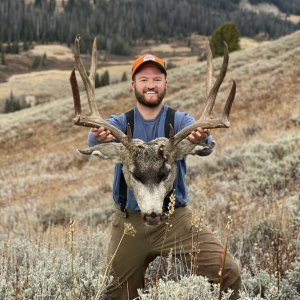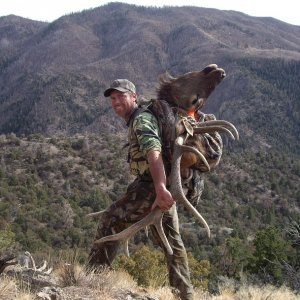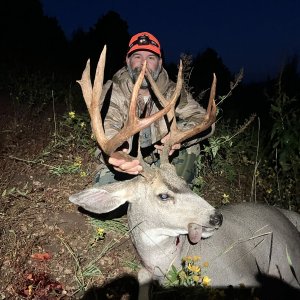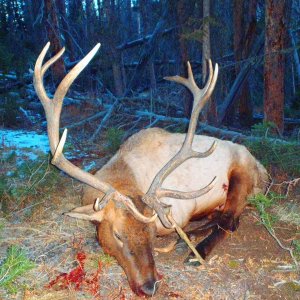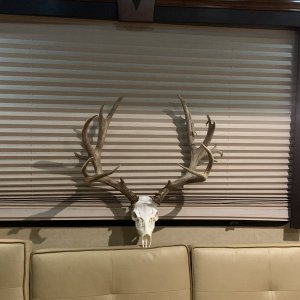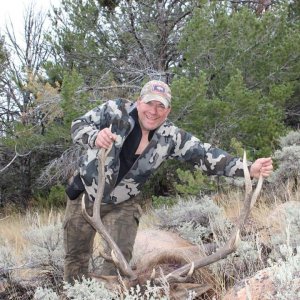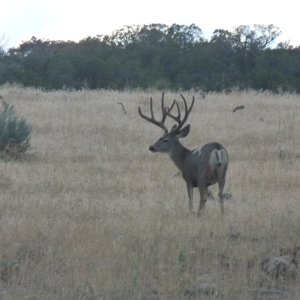elkassassin
Long Time Member
- Messages
- 39,615
Ever Had it?
I Haven't that I know of?
Sad Deal!
We Lost a Young Man a few Days ago that was in the Uintahs!
An Active Scout/Athlete!
Altitude Sickness!
It's what They're claiming anyway!
I Was Up Sunday in the Uinta's a bit higher than where these Scouts were!
Prayers for the Family!
That'd be Hard to Deal with!
https://www.ksl.com/?sid=45316199&nid=148
Back Me Off to 1,700 Yards,650 is a Little Close & I'm Not Comfortable with it!
A GUT SHOT at 1,700 Yards will Still Make Some Good BRAGGIN Rights so I Can Say I At Least Hit Him!

I Haven't that I know of?
Sad Deal!
We Lost a Young Man a few Days ago that was in the Uintahs!
An Active Scout/Athlete!
Altitude Sickness!
It's what They're claiming anyway!
I Was Up Sunday in the Uinta's a bit higher than where these Scouts were!
Prayers for the Family!
That'd be Hard to Deal with!
https://www.ksl.com/?sid=45316199&nid=148
Back Me Off to 1,700 Yards,650 is a Little Close & I'm Not Comfortable with it!
A GUT SHOT at 1,700 Yards will Still Make Some Good BRAGGIN Rights so I Can Say I At Least Hit Him!






